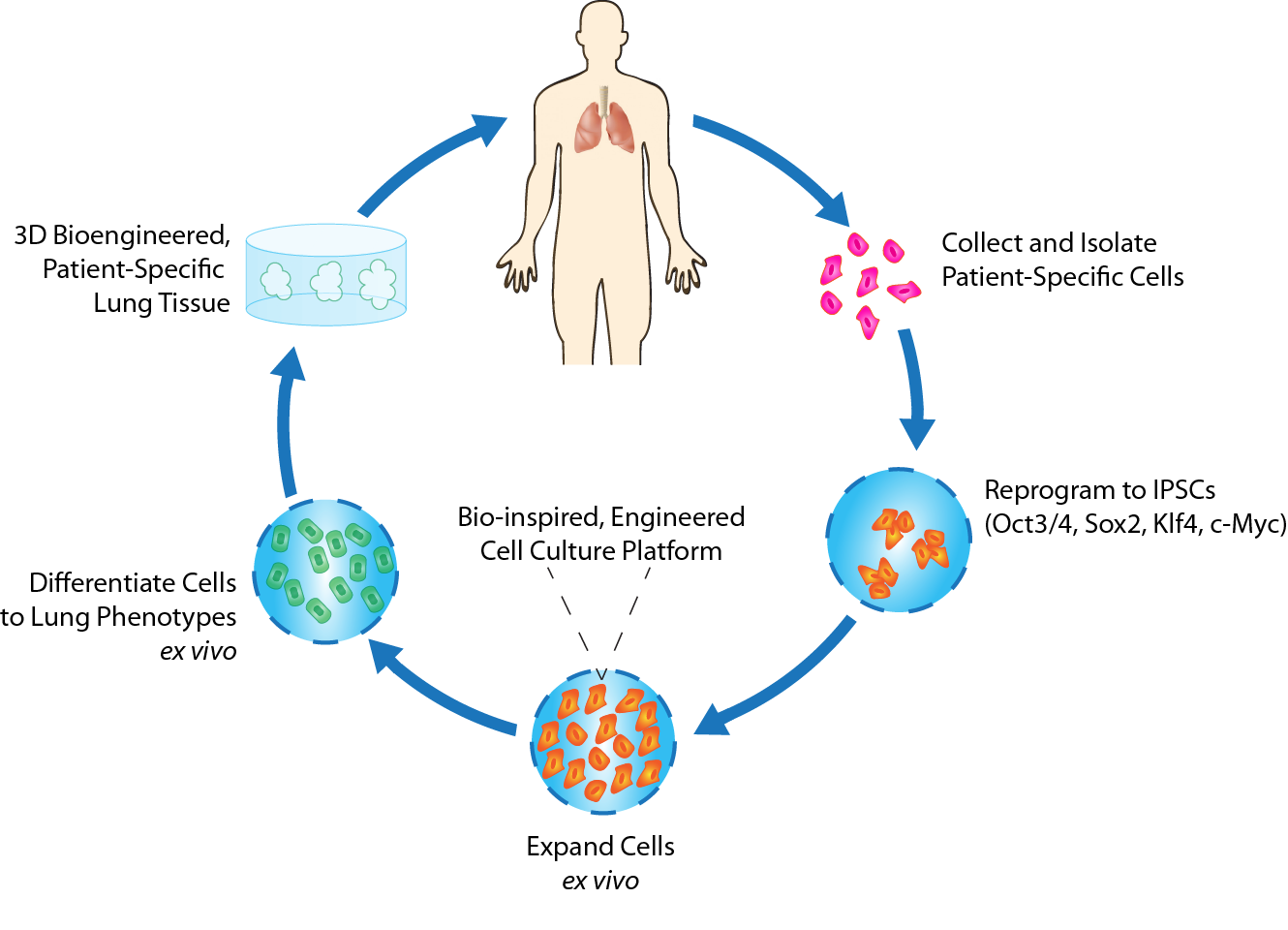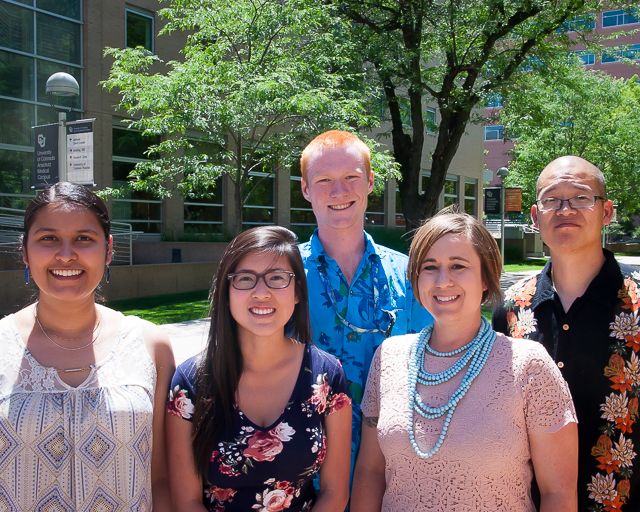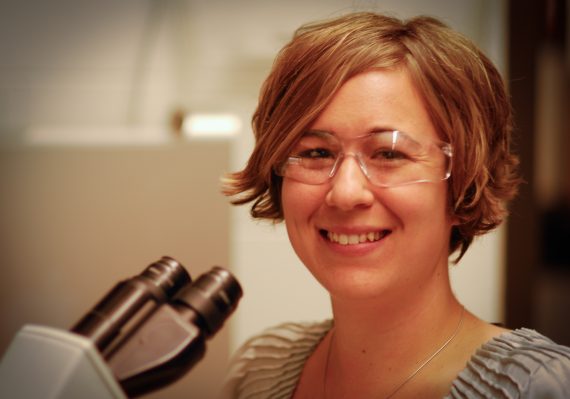For assistant professor Chelsea Magin, coming up with her first teaching assignment was easy. The class was Engineering General Chemistry, an introductory course, which provides a rigor and depth needed to prepare students for advanced coursework in various engineering specialties. Her assignment? The Space Poop Challenge.
The Space Poop Challenge was a competition organized by NASA and hosted by a crowdsourcing initiative. The competition aimed to find safe, medially sound solutions for taking waste away from astronauts’ body when confined for a long period of time.
The old standby solution consisted of diapers in case astronauts needed to relieve themselves. However, the diaper is a low-tech and very temporary solution. Most significantly, it doesn’t provide a healthy or protective option longer than one day.
“I had my students use engineering principles to help come up with real-world solutions for NASA’s waste management challenge,” she said. “We identify a problem, propose a practical solution, build a prototype to test the effectiveness of the proposed solution and discuss whether it works or how to revise/improve moving forward.” says Magin.
Magin works in the Department of Pulmonary Sciences and Critical Care Medicine at the University of Colorado, Anschutz Medical campus. She is also a proud UF BME alumni.
Magin earned her bachelor’s with highest distinction in Materials Science and Engineering from the University of Florida in 2006. When she arrived at UF Magin quickly realized electric engineering wasn’t for her. Luckily, in her first semester she took an Intro to Engineering class and discovered materials science engineering which brought her love of biology and physics together. That path eventually lead her to obtain an MS and PhD in biomedical engineering from the University of Florida with Dr. Anthony Brennan, professor in the Department of Materials Science and Engineering, being her faculty mentor.
“Chelsea was an innovative self-starter and dedicated to research that would enhance health of our world. While achieving extraordinary performance in her coursework, she was a leader in the laboratory and various organizations at the local level and national level. Her contributions at Sharklet Technologies exceeded all expectations in the development of new wound healing technologies,” says Dr. Brennan. “As a new professor at the University of Colorado, she truly exemplifies a Gator biomedical engineer, who I am very proud of and excited for the next generation of engineers who she will be teaching.”
During her graduate work Magin was both a University of Florida Alumni Fellow and a Clare-Booth Luce Graduate Fellow. She subsequently completed an NIH Postdoctoral Fellowship at the University of Colorado at Boulder in the Anseth Research Group where she developed user-controlled, dynamically tunable biomaterials to study mesenchymal stem cell differentiation, and the progression of heart disease in a valvular interstitial cell model.
After completing her postdoc Magin started her career in startup. She was hired as a Biomedical Engineer at Sharklet Technologies Inc., a UF medical startup now based in Colorado. Sharklet is a material that mimics sharkskin, covered in tiny ridges and groves that helps reduce the spread of bacteria in hospitals. She was promoted rapidly through a series of increased responsibilities and moved up to Director of Product Development. In this role, she led a research and development team that designed medical devices, which use the bio-inspired Sharklet surface texture to control biological adhesion.
She is now an assistant professor and the Principal Investigator of the Bio-Inspired Pulmonary Engineering Laboratory at the University of Colorado, Anschutz Medical Campus. Her research aims to create bio-inspired, engineered cell culture platforms that precisely and consistently recapitulate the extracellular microenvironment and complex 3D micro-architecture of lung tissue. These bioengineered lung models will provide a foundation for studying lung disease and regeneration. The ultimate goal of her research is to advance precision therapies when treating lung diseases such as pulmonary fibrosis. 
“On my desk are two inspirational stones, one has ‘discover’ engraved on it and the other ‘teach’,” said Chelsea. “I love discovering new and innovative ways to solve problems and I love teaching and mentoring the next generation of engineers.” she said.

